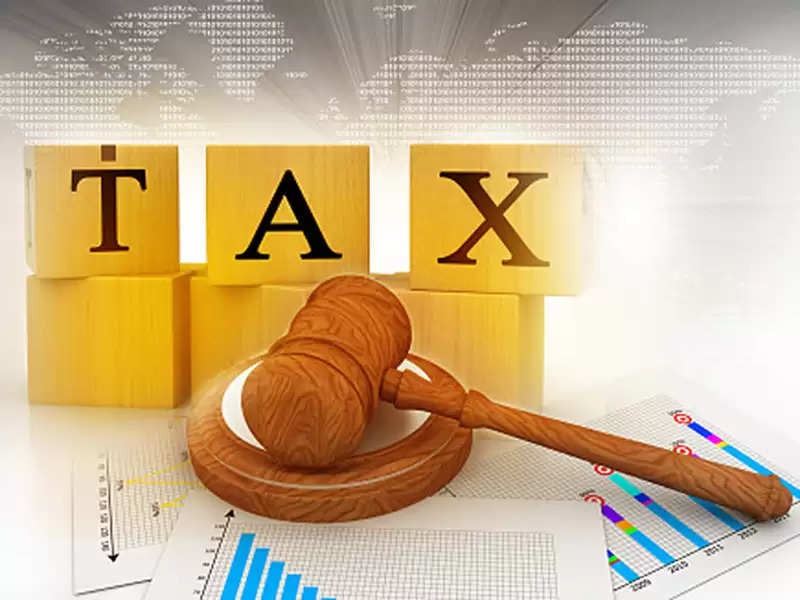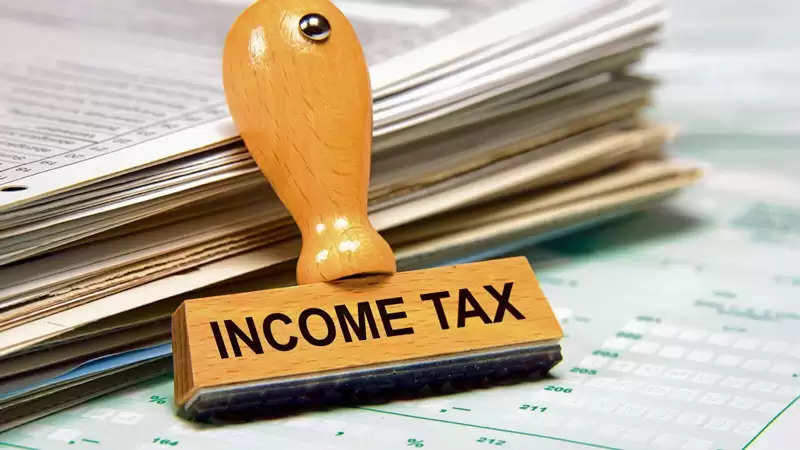
Nowadays people are showing a lot of interest in investing in gold. While buying a house, many people also raise money by selling the gold, jewelery etc. they already have. If you are also making such a plan, then before doing so you should know about some rules of income tax. Like shares and bonds, the government also charges capital gains tax on the sale of gold depending on the holding period. But, if certain conditions are followed under Section 54F of Income Tax, investors can avoid paying capital gains tax.

For your information, let us tell you that under Section 54F, not only the tax on sale of gold but also the capital gains tax on sale of shares, bonds, mutual funds or property is completely exempted. This benefit is given only to individual taxpayers or Hindu Undivided Family (HUF). If you have also sold gold and used the profit from it to buy or build a house, then you will not have to pay even a single penny as capital gains tax.
If you also want to save tax on your gold after selling it, then you will have to fulfill certain conditions to save tax on the profit made on the sale of gold. The first condition is that you have to buy a house within two years of selling the gold.
If you have purchased a house even one year before selling the gold (rules for sale of gold), you are entitled to tax exemption. Yes, you will also get tax exemption if you invest in under-construction property within three years of selling the gold.
This exemption is only on residential property
According to a report, Chirag Chauhan of Chauhan & Company says, “Taxpayers should keep in mind that exemption from capital gains tax on the sale of gold is available only on residential property and not on commercial property.
Moreover, it should be purchased one year before or two years after the sale of assets on which capital gains are earned.
Let us tell you that CA Paras Gangwal, Founder, ThetaVega Capital says, “If taxpayers have more than one residential property then they cannot claim this exemption. The maximum limit for claiming exemption is ₹10 crore, which was introduced in Budget 2023, before which there was no such limit.

Know what is capital gains tax?
Everyone must be aware that the government of the country also collects tax on the income from various types of investments. This tax is called capital gains tax. There are two types of capital gains taxes, short-term and long-term (short-term and long-term capital gains tax).
Tax rates on these also vary. Suppose you invested Rs 1 lakh in a property or gold a few years ago. Which has now increased to Rs 2 lakh, hence Rs 1 lakh will be considered as capital gain. Tax will be taken from you only on this.
 look news india
look news india